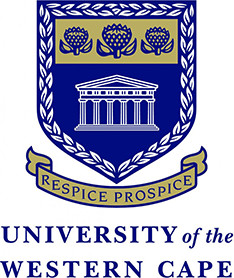Malawi Human Rights Commissioner Arrested, Police Crackdown
Kapito's house and car were searched but nothing was found. After lengthy questioning, he was officially charged with being in possession of 'materials with seditious words' and 'forex without documentation' and subsequently released on police bail.
Kapito was scheduled to fly out of Malawi on the weekend to present a report on the human rights situation in Malawi at the International Coordinating Committee of National Human Rights Institutions in Geneva. The arrest prevented his departure, as he was ordered to appear at Police Headquarters on Monday.
On Sunday 18 March, opposition presidential aspirant Atupele Muluzi, the son of former Malawian president Bakili Muluzi, tried to address a series of meetings. Police erected roadblocks and fired teargas to stop this from happening. An angry crowd set fire to fire to the Area 24 Police Unit.
The Nyasa Times quoted a police spokesperson as saying Muluzi "did not obtain permission" to hold meetings. However, Muluzi did address some of the planned meetings in which he accused the police of "cowardly intimiation" and added: "We won't be scared or cowed into submission by these terror tactics."
Muluzi, a 33-year-old parliamentarian for the opposition United Democratic Front, is reported by the Malawian media to be making a bid to become the party's presidential candidate in elections scheduled for 2014.
This police action comes after follow Malawi's Public Affairs Committee (PAC) held a two day meeting in Blantyre and passed a resolution saying Mutharika should resign or "call for a national referendum to seek fresh mandate from the people of Malawi".
The resolution added: "We believe the sustained trust given to him by citizens of this country has been eroded," and added: "The resolution said Malawi had changed from "a country on the move from 2004 to 2009, and is bordering on a failed state from 2012 as seen in the passing of unpopular bills in Parliament, shrinking of dialogue, peace and threats to alternative voices". The 20-year-old PAC is dominated by the leaders of Malawi's main churches.
The Maravi Post quoted the information minister, Patricia Kaliati, as attacking the PAC, saying that the government would not "stay idle while people drag this country into chaos and anarchy...
"We have an elected government in this country, inciting people to rise against government is against principles of democracy," she said.
The Malawi Human Rights Commission was established by government in 1995 following the country's first multi-party elections which ended the dictatorial regime of Kamuzu Banda, who was President for 30 years.


